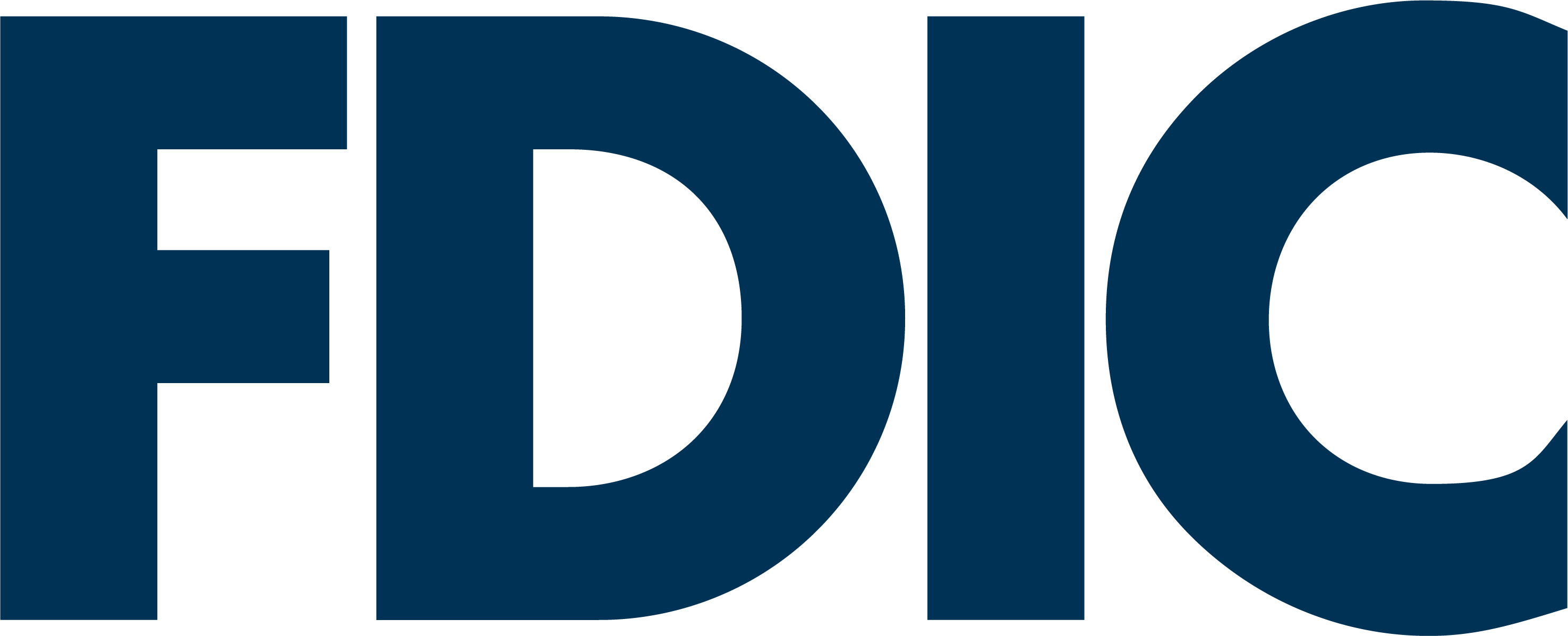What a 9.1% Inflation Rate Means for Interest Rates

And it’s all thanks to that 9.1% June inflation rate—the highest inflation rate we’ve seen since 1981.
What’s inflation?
Inflation increases when the prices of goods and services go up, even though what you’re buying hasn’t changed.I’m sure you’ve noticed that increase at the grocery store—your monthly grocery bill keeps climbing, even when your shopping list hasn’t really changed.
Let’s put that June inflation rate into perspective for you. Prior to the pandemic, the highest inflation rate we’d seen since 2000 was 5.6% in July 2008 (you may remember gas prices jumping during that time and some gas stations even running out of fuel). The Federal Reserve doesn’t have a formal inflation target, but 2% is generally considered an acceptable inflation rate. You read that right. 2%. Meaning the June rate is more than four times what’s considered acceptable.
When the inflation rate hovers around that 2% mark, it usually doesn’t have a major impact on day-to-day life, and an annual “cost of living” increase helps offset any added costs from an increased rate. We’re feeling the pain with this surge because, in most cases, pay isn’t rising at the same rate as inflation, and that’s making it hard to stick to an established budget.
What caused inflation to surge?
It’s a combination of things.We’re intensely feeling the effects of inflation thanks to sanctions placed on Russia as a result of the conflict in Ukraine. Those sanctions are affecting commodities—things like oil, gas, and wheat—and have caused prices for those items to skyrocket.
The supply chain issues caused by the pandemic are also still hanging around. Less supply increases demand. And when there’s demand, prices increase.
Remember when we said pay isn’t rising at the same rate as inflation? That’s true, but businesses are also having to pay workers more to get them to accept a position or stick with the one they have. When businesses have to pay more in employee wages, they usually pass the added cost back to the consumer, resulting in higher prices for everything from dining out to daycare.
Factor in the uncertainty in Ukraine, those supply chain issues, and rising wages, and you end up with that soaring inflation rate.
Is inflation going to slow down?
We can’t say for sure, but the Fed is trying to make that happen by raising interest rates.When interest rates rise, there’s more incentive to keep money in accounts that accumulate interest than there is to spend on things that decrease in value. That leads to a drop in demand. When there’s less demand, prices stop spiking.
Higher interest rates also make things like homes less affordable because it gets more expensive to borrow money. Think of it this way—the more you have to pay towards interest, the less you can spend on the actual price of a home. The thought here is that increasing mortgage interest rates will slow down home appreciation and stabilize home prices. Because buyers can’t afford as much, sellers won’t be able to sell at an inflated price. Those higher interest rates may also price some potential homebuyers out of the market, which would lessen demand.
It is widely believed that the Fed will hike rates by at least .75% in July, and there’s a growing probability that the increase could reach 1%, which will add more volatility to the market.
Are mortgage interest rates going to stay high?
We expect to see mortgage interest rates ranging between 5.5% and 6.5% for the rest of the year.However, perspective is really important here. While mortgage rates may be sitting at a decade high, they’re nowhere near the double-digit rates offered to homebuyers in the ‘80s.
Are we headed into a recession?
Technically speaking, a recession is defined as two consecutive quarters of economic decline.Despite the warning signs we’re seeing right now, many economists believe the current economy is too healthy to consider conditions a recession. One factor influencing that belief is the US labor market. Employers are still hiring, and workers are still voluntarily leaving their jobs, while layoffs remain low.
It’s also important to remember that the inflation measure is typically backward looking. As the Fed raises rates, the data may not fully reflect the impacts those hikes have had on the economy so far.
Will mortgage interest rates drop if we enter a recession?
A recession does not mean lower mortgage interest rates.When the housing market crashed in 2008, the Fed stepped in and dropped rates in an effort to make it possible for people to stay in their homes. Lower rates allowed many homeowners to refinance into a more affordable home loan. A new, lower rate led to a lower monthly mortgage payment, increasing home affordability and slowing foreclosures.
Because our current housing market is strong, the government would not likely take action to make homeownership more affordable. For some context, in May 2022, lenders repossessed 2,857 properties through completed foreclosures, according to real estate data provider ATTOM. RealtyTrac reports a total of 861,664 homes were lost to foreclosure in 2008.
What are the current mortgage interest rates?
If you’re thinking about buying a home or refinancing your current property, you need to remember: mortgage interest rates don’t stand still—they’re always changing. And we’re not just talking about them changing day to day. The rate you’re quoted in the morning may not be the rate you can lock that afternoon. It all depends on what’s going on in the market and your unique financial situation.Our team of mortgage experts is here to talk through your home financing options. To get answers to your questions, call 1-800-914-8224 or connect with a mortgage loan originator now.













